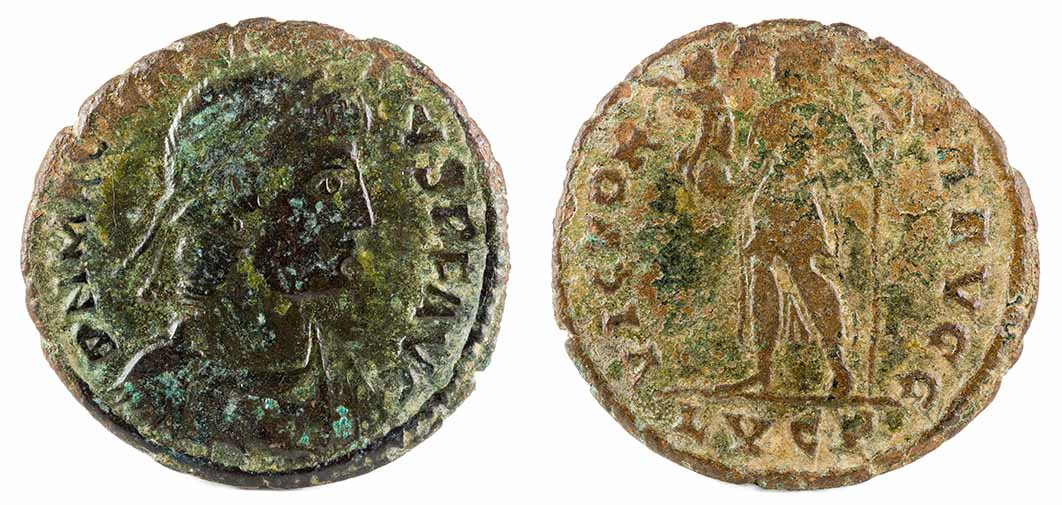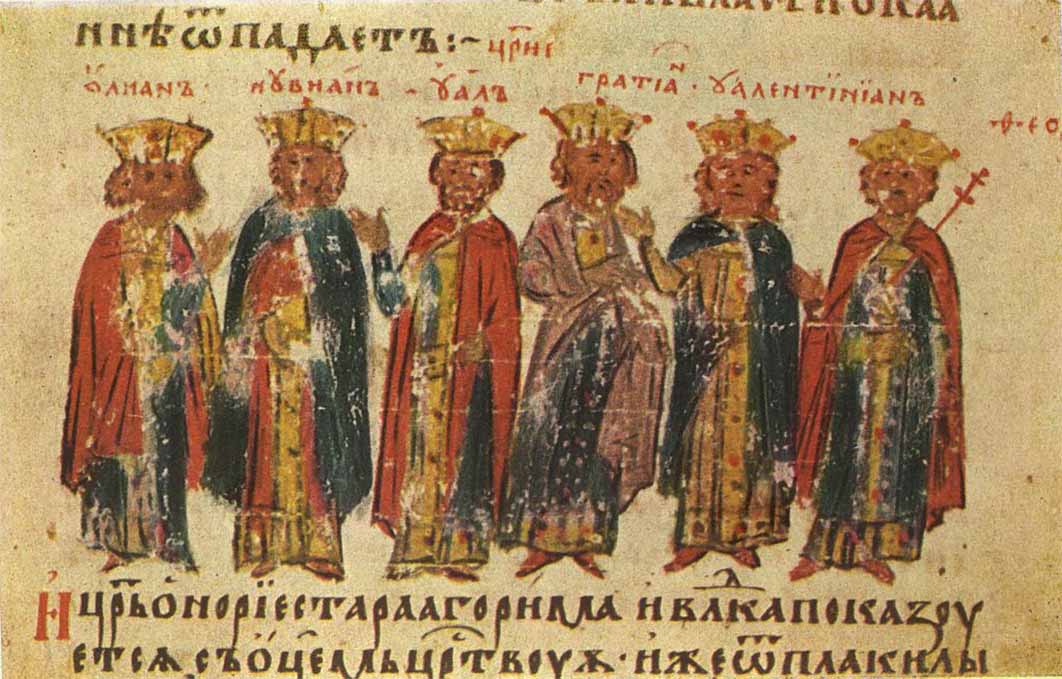
The Legacy Of Emperor Magnus Maximus, Despite His Damnatio Memoriae
In Roman times, a decree of Damnatio memoriae was the chief way of obliterating the memory, nearly always posthumous, of those perceived as having transgressed in some way, as was the case of Emperor Magnus Maximus, in 389 AD. Virtually erased from public consciousness in the Roman Empire, his memory nevertheless later cast a very long shadow across the Roman diocese of Britain, from whence he had emerged some years earlier as a self-proclaimed emperor – an usurper, or in Latin tyrannus – which is what he is nearly always referred to in Roman history, past and present. Nevertheless, he was acknowledged by the Eastern Emperor Theodosius I in 384 AD, and by the Roman senate either then or in 387 AD, which effectively lifts from his name the stigma of usurpation. The fact that, in the end, he was deposed and killed, meant that cancellation followed as a natural consequence. Nobody called Emperors Vespasian, Septimius Severus or Diocletian a usurper, despite each having come to power through a coup: they were successful and avoided deposition. No-one cancelled them.

Ancient Roman copper coin of Emperor Magnus Maximus (Eduardo Estellez / Adobe Stock)
Magnus Maximus was claimed as a relation of Theodosius I, and the lengths to which the latter’s senatorial panegyricist, Pacatus, went to rubbish this, without ever quite denying it, goes a long way to confirming its essential veracity. It is not for nothing that both Maximus and the young Theodosius were fighting as brothers-in-arms under the command of the latter’s father, Count Theodosius (the Elder), in Britain in the aftermath of the so-called Barbarian Conspiracy (367-368), and probably previously in Germany under Valentinian I. Many of the people who later served them, after both had become emperors themselves, were also drawn from a similar background.
Missing Maximus
Maximus disappears for a while after 368, but it seems highly likely both men transferred with Theodosius the Elder to Africa to help suppress the rebellion of Firmus (371-375). It is known that Theodosius I was there, but it cannot be proved that Maximus was there as well, but circumstantial evidence strongly supports it. One of the outcomes of this long campaign and its subsequent settlement was that the frontier tribes were re-settled with enhanced status – almost like mini client states – under the general oversight of a Roman prefect, with a mandate to defend the frontier, thus freeing up troops for more urgent matters, an arrangement noted a generation later as still in place by St. Jerome. That Maximus was directly involved in this is suggested by the fact that it is contended that he later made a remarkably similar arrangement in Britain, which became the origin of his legacy.

Miniature 31 from the Constantine Manasses Chronicle (12th century) Roman emperors Julian, Jovian, Valens, Gratian, Valentinian I and Theodosius I. (Public Domain)
When Valentinian I died, Theodosius the Elder appears to have been executed for reasons unknown, and his son retired to the family’s Spanish estates. However, in 378, the Eastern Emperor, Valens, was unexpectedly defeated by the Goths with heavy losses at Adrianople, leaving chaos. Theodosius I, having re-entered public life, was involved in the consequent damage control efforts and from the chaos appears to have cleverly engineered a coup, being proclaimed Emperor in the East, whilst Valentinian’s son Gratian ruled the west, with his younger half-brother Valentinian II as his junior partner. Yet absolutely nothing is known of Maximus – his kinsman and companion-in-arms – until he bobs up in Britain in 383.
- Meet Magnus Maximus, the Roman Usurper-Turned-Welsh Hero Who Inspired King Arthur
- Following ‘Sarn Helen’, an Ancient Roman Network of Roads, Across Wales
- Bretwaldas: The Early Anglo-Saxon Kings Of Post-Roman Britain
There was a Maximus active in the Balkans prior to the Gothic attack; indeed, it was his heavy-handed actions that contributed to Adrianople. Yet there is no evidence he was Magnus Maximus and he may have perished in the disaster that engulfed Emperor Valens.
Maximus’ Settlements in Britain
It seems more likely that Magnus Maximus was dispatched, almost as soon as Theodosius I had become Emperor, to Britain where some kind of revolt appears to have been under way, probably as comes rei militaris – the Emperor’s special military representative. This is bolstered by the Gallic Chronicle (452 AD) which says that: “Maximus strenuously overcame an incursion of the Picts and the Scots”. According to the chronicler this happened in the fourth year of Western Emperor Gratian’s reign. The same chronicler reports that in the third year of Emperor Gratian’s reign, Maximus was acclaimed Emperor by the soldiers. Researchers M.E. Jones and P.J. Casey (1988 – 1991) came to the ‘inescapable’ conclusion that these years of his rule were being counted from the time Gratian became senior ruler (378) and if so, it would date Maximus’ elevation and the defeat of the barbarians as 380 and 381 respectively. Usually, his reign is dated from 383, but this is only the agreed date of his move to the Continent and the deposition of Emperor Gratian. This is to some extent supported by numismatic research into Maximus’ early London mint gold coin issues, as well.




